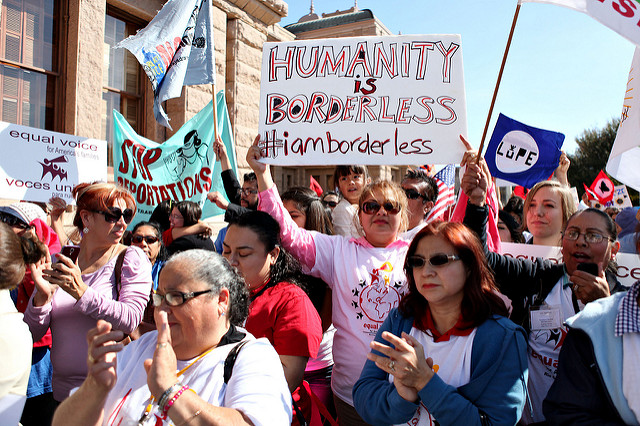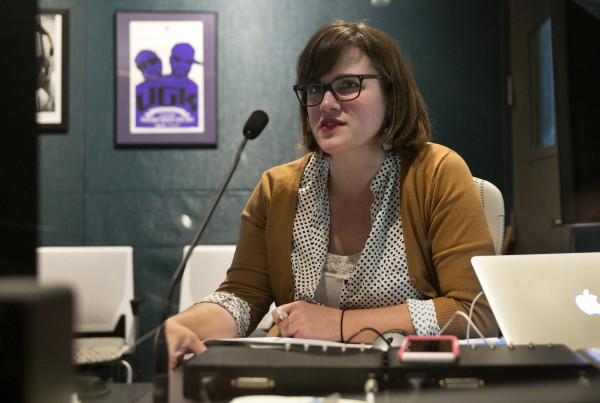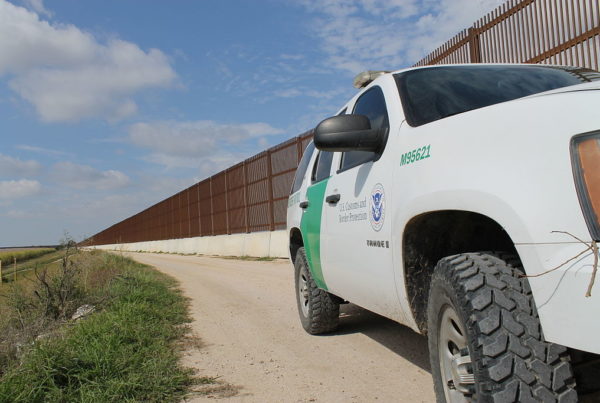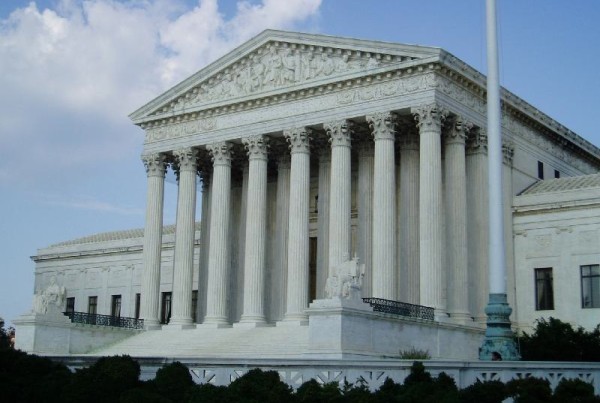The Supreme Court’s 4-4 voting deadlock yesterday over President Barack Obama’s executive order on immigration means the appeals court ruling stays – that is, the hold continues on the administration’s order to shield millions of immigrants without U.S. documentation from deportation. It’s as if, South Texas College of Law professor Charles “Rocky” Rhodes says, the Supreme Court never took up the issue at all.
The case started in Texas. It began when U.S. District Judge Andrew Hanen of Brownsville issued a preliminary injunction on Obama’s executive action last February. In 2014 Texas and 25 other states sued to halt the Obama’s Deferred Action for Parents of Americans (DAPA) and an expansion of the current Deferred Action for Childhood Arrivals (DACA) programs.
The case now goes back to Judge Hanen’s court. The temporary injunction is a status quo measure to keep DAPA from going into effect, and to put a hold on the DACA expansion. There’s been no trial and evidence presented as of yet, but Rhodes says he already anticipates Hanen’s decision.
“Based on the prior temporary injunctions it’s pretty clear that (Hanen’s) going to be inclined to grant a permanent injunction against this program that would preclude it from ever going into effect,” Rhodes says.
Judge Hanen has been outspoken about the issue and the Department of Justice’s conduct over it. He’s issued sanctions to Department of Justice lawyers for unethical conduct – accusing them of lying to him about whether the DAPA program was being implemented in violation of his injunction order.
Rhodes says Hanen’s next step will be to address the sanctions.
“He’s going to go back and be able to consider whether or not he’s going to implement those sanctions,” Rhodes says. “If he does try to implement those sanctions the Department of Justice is going to take the case up on appeal. … Those are some pretty drastic sanctions for the conduct of a couple lawyers.”
After a new trial date is set, Rhodes says the case could possibly go back up on appeal, but it’s unlikely that that will happen before Obama leaves office.
The continuation of the case will also depend on who becomes the next president, Rhodes says. If it is Hillary Clinton, she will most likely appeal again. If it is Donald Trump, he will likely dump the appeal.
Web post by Beth Cortez-Neavel.


















